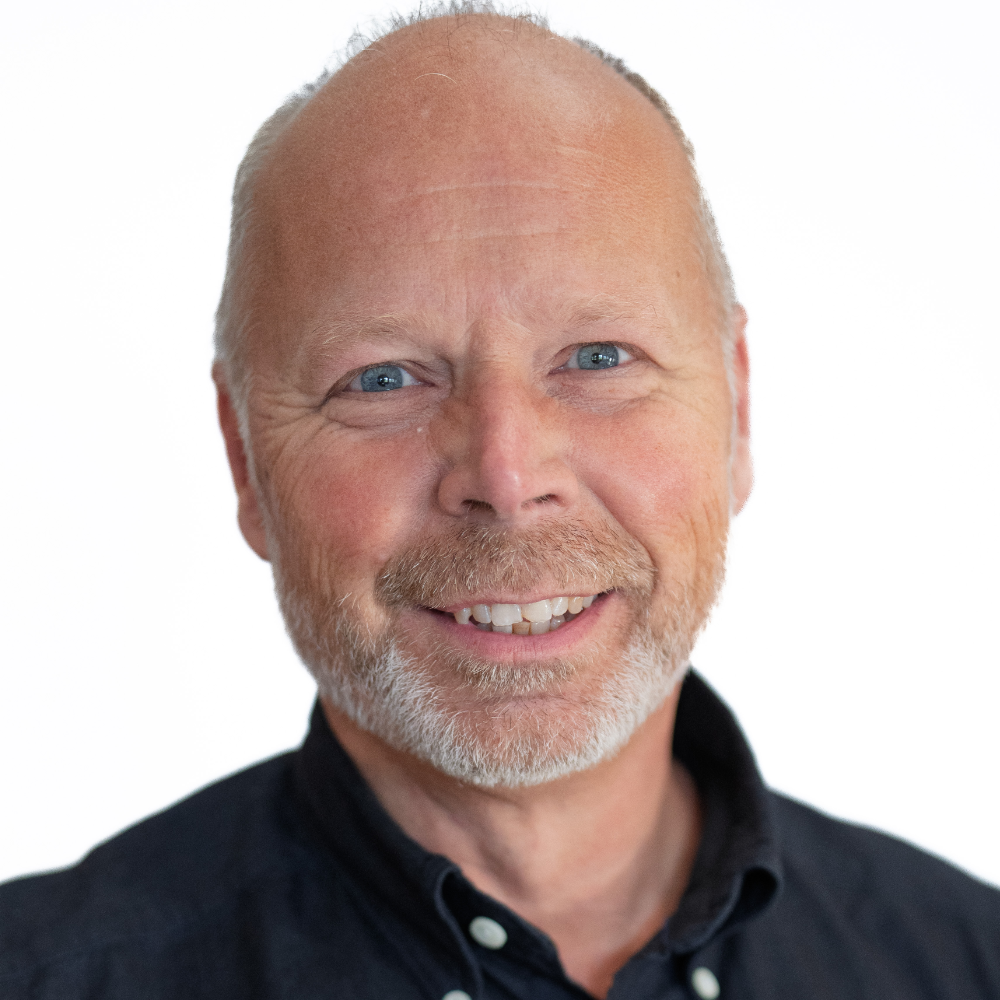Coaching Agile Teams 3.0, November 15-17 2017
A Three Day Workshop for Experienced Agilists
Coaching Agile Teams is a three day workshop for experienced Agilists who wish to dramatically increase their overall agile coaching skills and effectiveness. Our latest version, Coaching Agile Teams 3.0, is updated and expanded to address the complex environments in which most Agile teams (and Agile Coaches) operate. When we started teaching Coaching Agile Teams in 2010, the main job of most ScrumMasters and Agile Coaches was to get teams up and running well. Now, Agile teams are almost the norm, although many are not running well. And, if they are, they can easily be held back by the broader organizational landscape that is not as “agile-enabling” as needed. Coaching Agile Teams 3.0 addresses this complexity head-on with expanded lessons in:
- ways to see the broader organizational environment more completely, and tools to work with it
- role complexity, including the role of managers and roles in a scaled agile setting
- team culture and evolution
- working with the impact of organizational culture
- the Integral Agile Operating System™ that provides a set of thinking tools and a model for crafting powerful agile coaching interventions
The course still delivers the key agile coaching content, skills and mindsets, all built on a transformational education platform that over 2,000 students have already enjoyed. To say the least, it is highly interactive and experiential: we have never had anyone complain of being bored! To say the most, many students have reported that this course changed their work and even their life (read for yourself).
Who Would Benefit from the Class
- Experienced ScrumMasters, Agile Project Managers or Iteration Managers who want a fuller understanding of the complete range of agile coaching skills.
- Agile Coaches who want to expand their skill set and gain the ability to break-through previously intractable problems on their teams.
- Agile managers, Product Owners, and others wishing to access a broader range of skills in working with their teams.
Prerequisites
This is decidedly not a beginning agile class, but also not an advanced one. It is an intermediate course for practitioners with at least 6 months of hands-on agile experience. You should also be grounded in Agile Fundamentals (ICAgile Certified Professional), a Certified ScrumMaster, or equivalent agile training. The course builds directly on your agile team experience – without this, you and your colleagues will get a less than fulfilling experience. The class prepares you to act as a leader on agile teams and leave with ideas for helping them as soon as you get back.
Outcomes the Class Will Produce
While mastering agile coaching skills will require both time and practice, our class will allow you to:
- Understand and utilize the four key Skill Areas and four Knowledge Areas applied by the best agile coaches (ACI’s Agile Coaching Competency Framework).
- Create healthy teams that are resilient, creative, resourceful and resonant.
- Listen fully and ask essential, powerful questions that open up new possibilities and propel people into action.
- Clearly ascertain the distinction between coaching and mentoring and know when to apply each most successfully.
- Observe two professional coaching and mentoring demos (live) using students’ real-life agile situations.
- Understand how to address the dysfunctional approaches to conflict teams often develop.
- Coach and mentor people through all kinds of change, especially the change required to occupy agile roles fully.
- See the broader organizational context more clearly and determine the best interventions, and your best actions, to positively affect it. (ACI’s Integral Agile Operating System™)
- You’ll walk away from the course with your personal coaching improvement backlog – a tangible plan you can use to thoughtfully improve your coaching when you’re back on the job.
You’ll have many new things to try with your teams and you will probably depart with a few provocative ideas to chew on (in fact, maybe wrangle with for a while). All of these outcomes add up to your ability to become the excellent agile coach your teams and organization needs.
In addition, the class yields
- ICAgile Certified Professional-Agile Coaching (ICP-AC) continuing education certification. (Nominal fee applies)
- 21 Scrum Alliance SEUs toward the Certified Scrum Professional (CSP) level.
- 21 PMI PDUs.
Topics
Coaching Agile Teams is a training experience that covers both the being and the doing of agile coaching. There’s a lot to learn, experience, and practice! At the end of the course, you will be capable of applying many new tools and techniques, as well as your own mindset changes, to coach agile teams to health. As practical as it is provocative, the Coaching Agile Teams course challenges agile coaches to rise to the fullest expression of their role. Topics include:
- Professional Coaching. Learn and practice the key professional coaching skills and know when to use them.
- Mentoring. Practice offering your knowledge and sharing your experience while keeping accountability for taking action where it belongs — with the person who has the problem.
- Teaching. Utilize insights from adult learning to amplify your teaching, whether it’s teaching the agile basics or teaching an advanced agile technique.
- Facilitating. Experience many facilitation techniques you can use with your teams and emulate the expert modeling offered throughout the class.
- Resonant “WE” Space. Understand team culture and relationships, the evolution of team development, how to move teams toward health and high performance, and practice designing a team start-up or reset.
- Change and Roles. Articulate the key role transitions for project managers, testers, tech leads and managers and understand how to help people change, specifically related to their agile role transition. Prepare yourself to conduct a pivotal conversation.
- Roles at Scale. Get clear about how roles operate at scale, what each role needs to focus on, and how they interconnect.
- Integral Agile Operating System™. Create an assessment of team health and performance using all perspectives through the Integral Agile Operating System™ and determine ways you can actively work with what you discover.
- Conflict. Change your relationship with conflict and help the team learn to do conflict well, rather than you mediating it or fixing it.
- Designing Coaching/Mentoring Relationships. Learn how to consciously “design” coaching/mentoring relationships that allow you to operate with both backbone and heart.
- Coaching Stance. Craft your personal coaching stance, a powerful “come from” place that helps bring your vision of “agile done well” into being.
Foundational Models
- Agile Coaching Learning Objectives (housed at ICAgile.com)
- Select ICF Professional Coach Competencies
- ACI’s Agile Coaching Competency Model
- ACI’s Integral Agile Operating System™
Certifications
- Coaching Agile Teams is accredited by the International Consortium for Agile (ICAgile) as fulfilling all Learning Objectives in the Agile Coaching track. After successful completion of Coaching Agile Teams, you can apply for the ICAgile Certified Professional-Agile Coaching (ICP-AC). This continuing education certification is a key step toward achieving the ICAgile Expert-Agile Coaching (ICE-AC), the industry’s first competence-based certification. (Nominal additional fee to obtain the ICP-AC applies) To be eligible for the ICP-AC, you must not miss more than 1 hour of class. Learn more at ICAgile.
- Coaching Agile Teams is also approved by the Scrum Alliance and yields 21 SEUs toward your Certified Scrum Professional (CSP) or to support your existing Scrum Alliance certifications, such as the CSM. Learn more at the Scrum Alliance.
- Any learning in Agile is typically acceptable to the Project Management Institute as continuing education. Coaching Agile Teams yields 21 PDUs that you can claim toward your PMI-ACP or to support your existing PMI certifications, such as the PMP. Learn more at the PMI.














